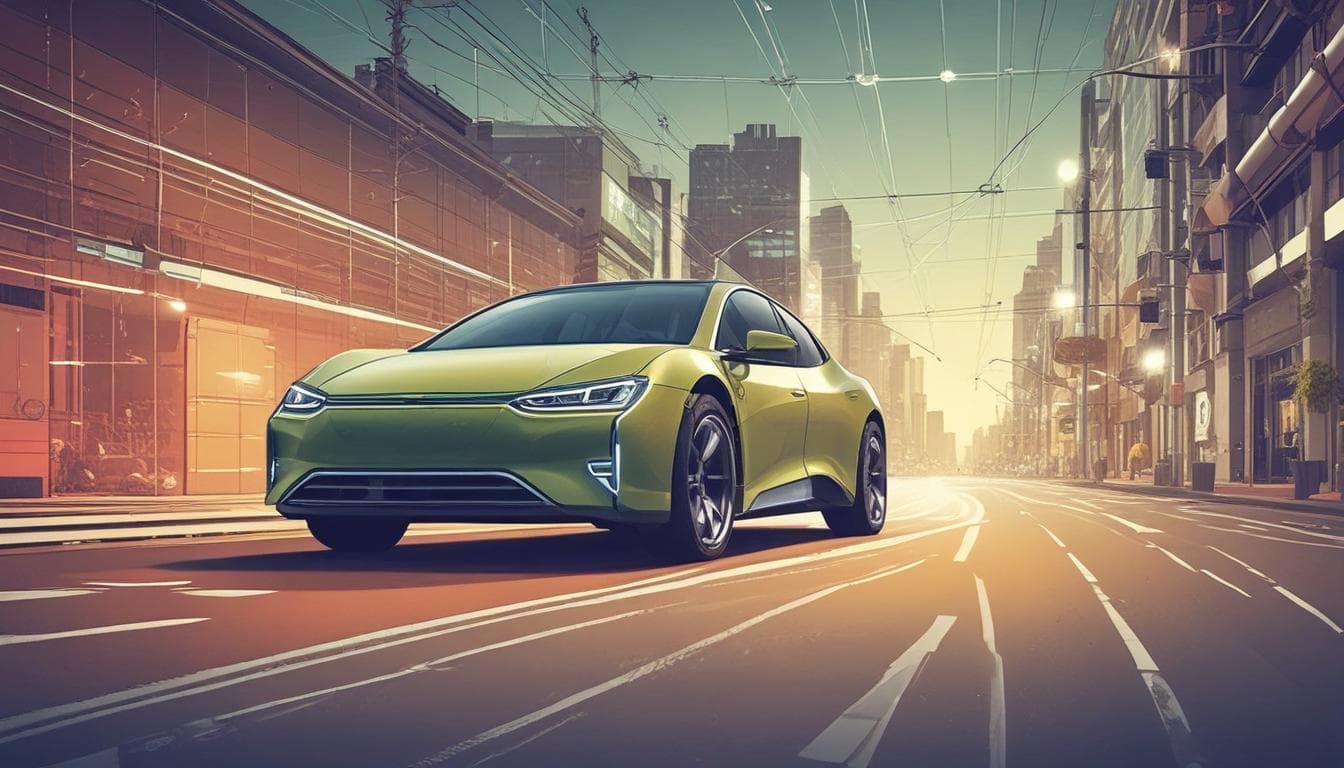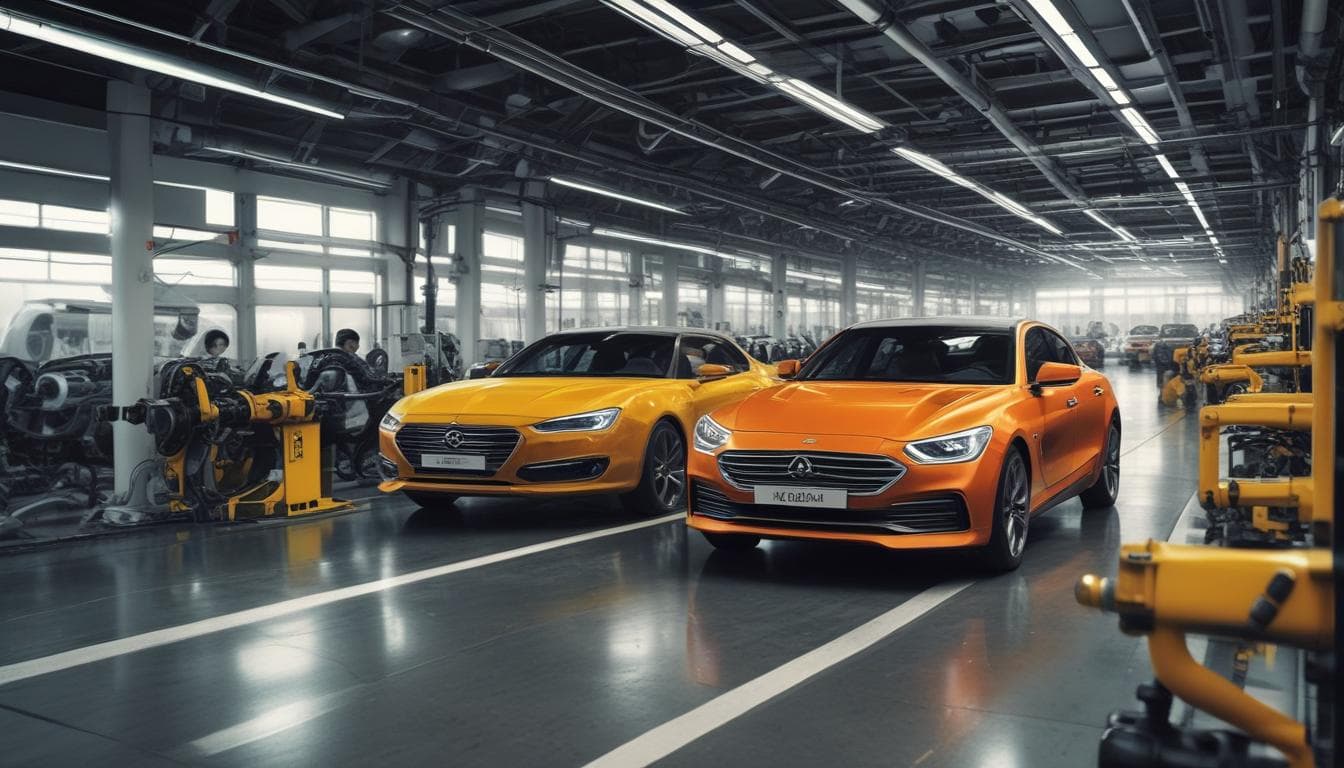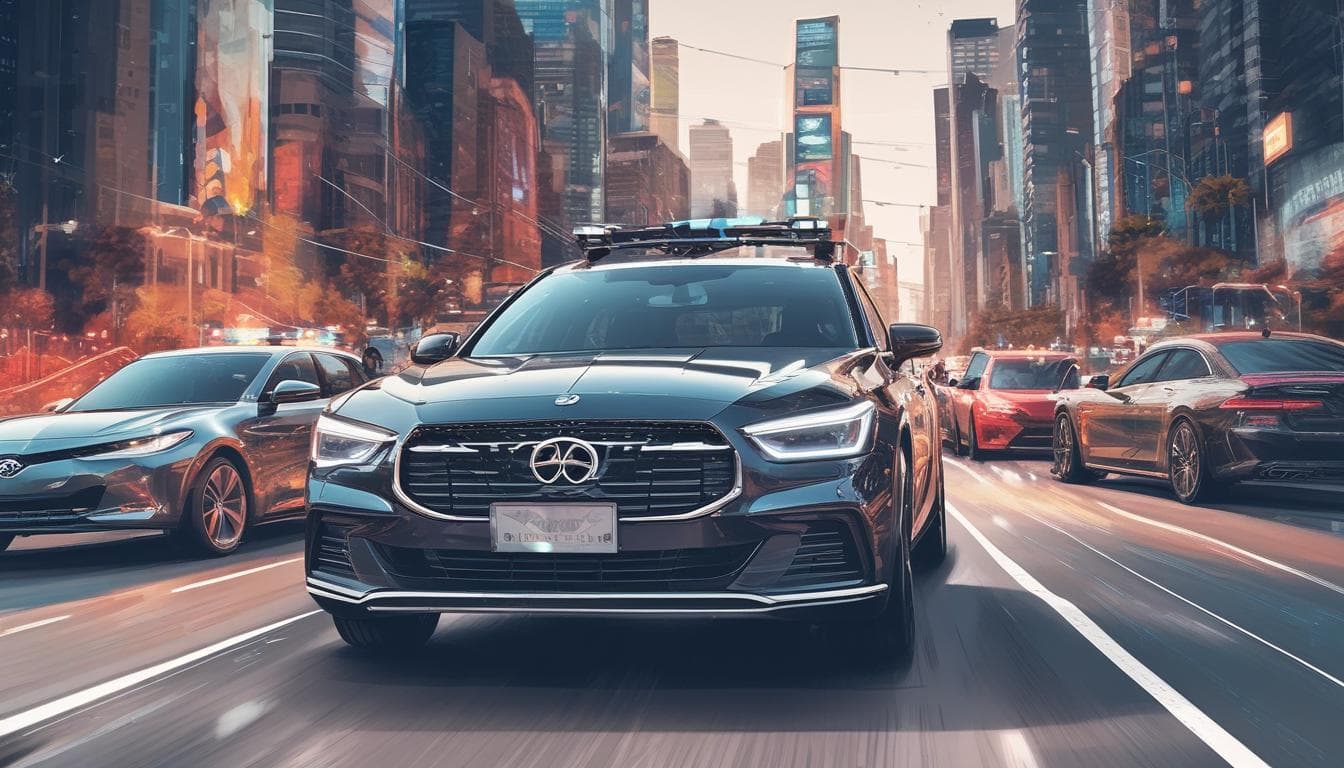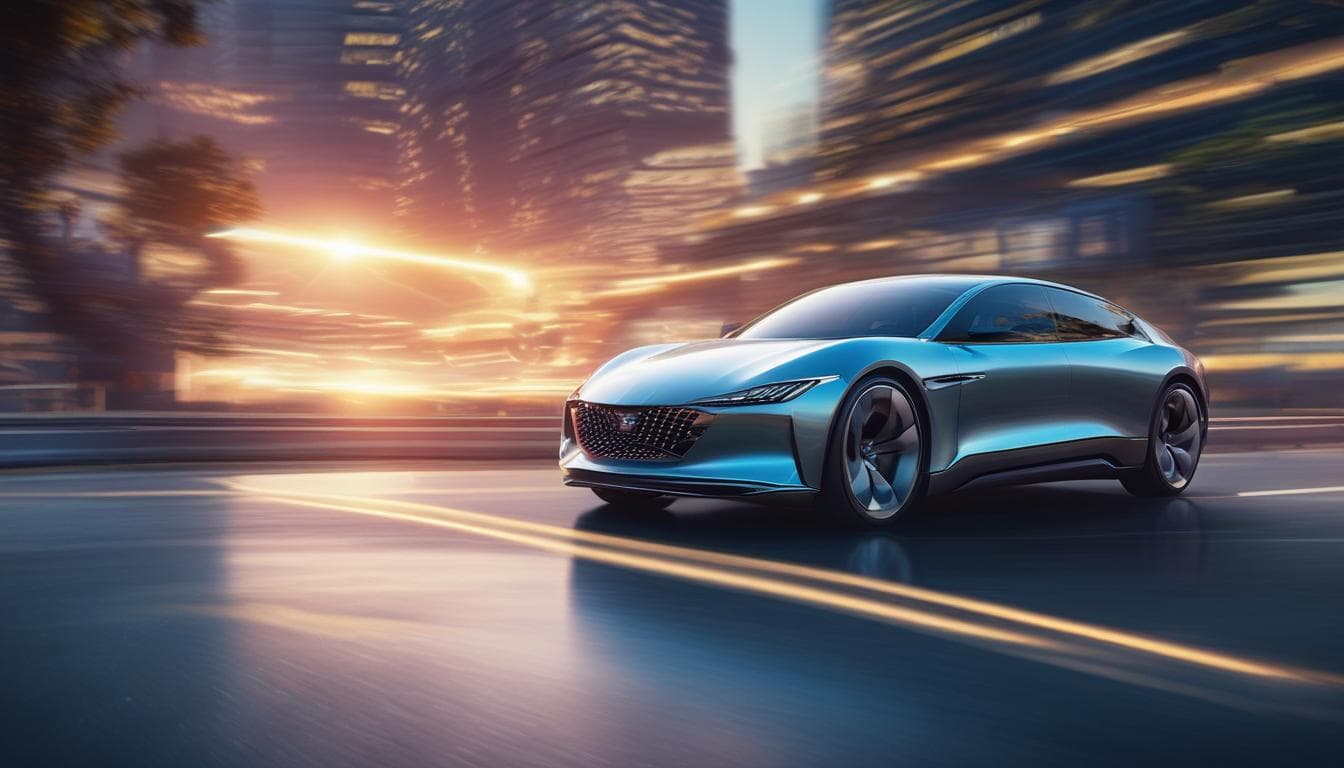With the increasing sophistication of AI in vehicles, how might the role of the human driver evolve into something akin to a "Vehicle Orchestrator" or "Mobility Manager," responsible for overseeing the AI's performance and making higher-level decisions about the journey?
That's a fascinating question! The idea of the human driver transitioning into a 'Vehicle Orchestrator' or 'Mobility Manager' as AI takes the wheel is a very real possibility, and one that's rapidly approaching. Instead of focusing on the minutiae of driving, our role will shift towards strategic oversight and higher-level decision-making.
Here's how I see this evolution unfolding:
- Route Optimization and Planning: The AI will handle the actual driving, but the human will set the overall goals – fastest route, most scenic route, route avoiding traffic congestion, etc. This could involve integrating with other smart systems to optimize the journey, such as smart home technology for pre-conditioning the vehicle upon arrival.
- AI Performance Monitoring: We'll need to monitor the AI's performance, ensuring it's operating safely and efficiently. This might involve reviewing performance metrics, identifying potential issues, and overriding the AI in exceptional circumstances.
- Ethical Decision-Making: In unavoidable accident scenarios, the AI may need human intervention to make complex ethical decisions. Programming an AI to make such choices is incredibly complex, so human oversight remains crucial for the foreseeable future.
- Enhanced Passenger Experience: The human 'Mobility Manager' could focus on creating a better passenger experience – managing entertainment, communication, and other in-vehicle systems. Think of it as curating a personalized travel experience.
- Integration with External Systems: The ability to seamlessly integrate with smart city infrastructure, traffic management systems, and personal scheduling apps will be critical. The human will oversee these connections and ensure smooth transitions between different modes of transportation.
The implications are huge. Consider the potential for increased efficiency, reduced traffic congestion, and improved safety. However, we also need to address concerns around job displacement, cybersecurity, and the ethical implications of delegating critical driving decisions to AI. For a deeper dive into how AI is already reshaping the automotive industry, check out this insightful article on the AI revolution in automotive. It explores the transformative impact of AI across design, manufacturing, and the driving experience itself, offering a broader perspective on this exciting evolution.
I'd love to hear your thoughts on the potential challenges and opportunities this shift presents. What are your biggest concerns, and what do you see as the most exciting possibilities?
이 주제에 대해 더 알아보기
대화에 참여하기
- 자율주행 시대, 자동차 산업의 미래는? 💡
자율주행 기술이 자동차 세계를 어떻게 변화시킬지, 그리고 독시의 자율주행 사업은 어떤 기술과 생태계를 구축하고 있는지에 대한 토론입니다. 자동차 산업의 미래와 자율주행 기술에 대한 다양한 의견을 나눠보세요.
- 자율주행 시대, 꿈꾸는 미래 자동차 실내 디자인은?
자율주행 기술 발전에 따라 미래 자동차 실내 디자인은 어떻게 변화할까요? 이동 중 업무, 휴식, 엔터테인먼트 등 다양한 활동을 위한 이상적인 자율주행 자동차 실내 공간에 대한 아이디어를 공유하고, 자율주행이 우리 삶에 가져올 변화에 대해 토론해 보세요.
- 자율주행 시대, 꿈꾸는 미래 자동차 실내 디자인은?
자율주행 기술의 발전으로 자동차 실내 공간은 어떻게 변화할까요? 이동 중 업무, 엔터테인먼트, 휴식 등을 위한 맞춤형 공간 구성, 탑승자 감정 반응 인테리어, 증강현실 기술 활용 등 혁신적인 아이디어를 공유하고 미래 자동차 디자인을 함께 상상해보세요.





